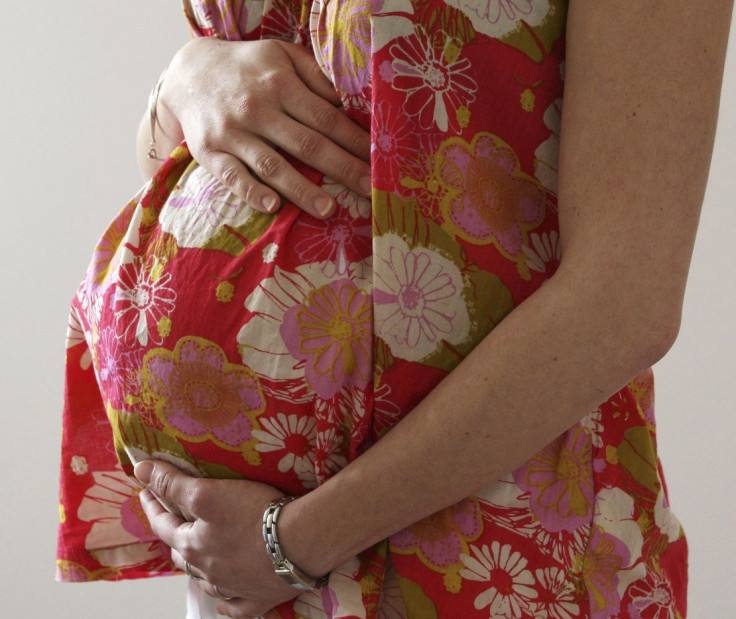Research reports almost 5 percent of women aged 20-44 experienced major depression

Almost 5 percent of women between the ages of 20 and 44 have experienced major depression, according to new research. Another 4 percent of females in the same age group have suffered minor depression.
Less than a third of women suffering from major depression were treated with antidepressants. Only 20 percent of those who experienced minor depression had been given an antidepressant, according to a study published in the journal Obstetrics and Gynecology.
Several women experienced depression during and after pregnancy. Researchers found that almost 13 percent of women suffered from major depression during pregnancy.
A number of serious outcomes have been linked to depression during pregnancy. These include the mother's tendency to self-harm, early delivery and inadequate mother-child bonding.
Over half of women who have depression during pregnancy also suffered depression before pregnancy. It would be ideal to get a treatment plan in place beforehand.
Study senior author Dr Alexander Butwick from Stanford University School of Medicine in California said that depression also impacts women of childbearing years who are not pregnant. He warned that uncontrolled depression may have an impact on a woman and her pregnancy outcome. Butwick said that anyone aware of a problem beforehand will have the luxury of time to plan.
Having high blood pressure and smoking were factors linked to major depression. Having a high school education or less was a factor with a statistically significant link to minor depression. But Butwick, an associate professor of anesthesiology, perioperative and pain medicine, said these associations must not be considered risk factors for depression as further study is needed.
Data from a nationally representative survey of health and nutritional status in the United States were included in the study. The data is constantly collected in two-year cycles, and the researchers looked at 2007 to 2014 for the study, HealthDay reports.
Meanwhile, a recent review of research titled "Living High and Feeling Low: Altitude, Suicide, and Depression" was published in the journal Harvard Review of Psychiatry. The findings suggested that when a person's residence is located in high-altitude areas, they may face a greater risk of major depressive disorder and suicide.
The study suggests that altitude may also affect other psychiatric conditions like attention-deficit/hyperactivity disorder (ADHD). "There are significant regional variations in the rates of major depressive disorder and suicide in the United States, suggesting that sociodemographic and environmental conditions contribute," the authors stated in the review.





















